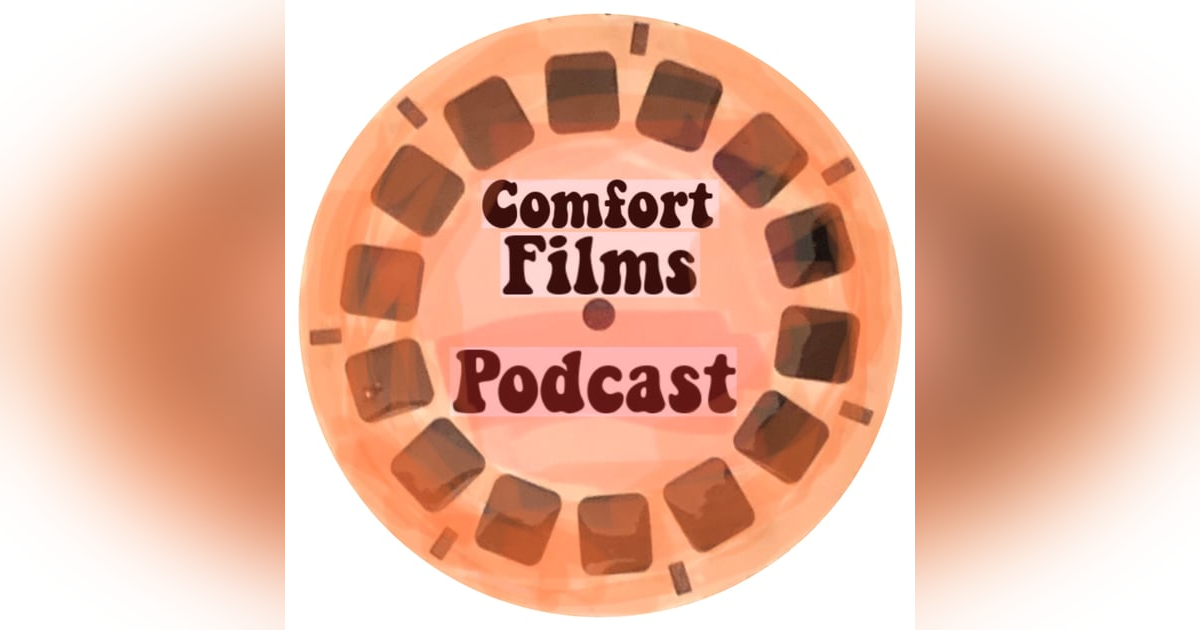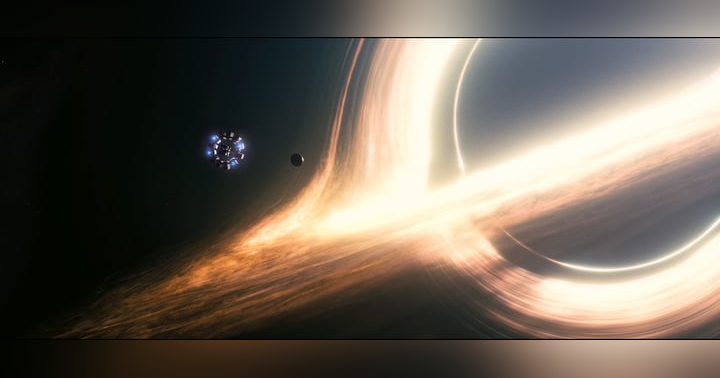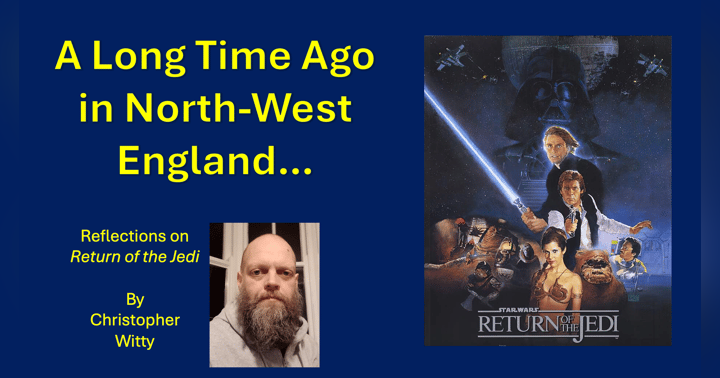The Tao of Emmet Otter: Emmet Otter’s Jug-Band Christmas

Emmet Otter’s Jug-Band Christmas is a surprisingly philosophical little holiday special. Of course, that’s nothing I would have considered when I was a little kid watching it for the first few times. Back then, I was responding to the cute animal puppets, the music, and empathetically (if also unconsciously) experiencing the joys, sorrows, fears, and hope of the characters. I think it also appealed to me, because unlike a lot of other media that catered to a different class of people, this little film focused on characters experiencing poverty. I could relate to Emmet and his Ma, along with the other residents of Frogtown Hollow, many of whom had an assigned seat on the struggle bus just like me. They subsisted by working as hard as possible and depending upon the kindness of neighbors. I could imagine Emmet and his Ma going to bed hungry some nights, or enjoying the wonderful bounty of a neighbor’s shared garden tomato harvest in the summer, or wearing donated or home-sewn clothes. Their hardships are what make the joys even sweeter later in the movie when their fortunes turn and the Otters end up being able to make a real living off the talents that they actually have an affinity for.
With my post title, I’m playing a little with The Tao of Pooh, which I also love. I first read Tao Te Ching in graduate school for a really cool class called “Still Spaces.” We explored meditation, read and discussed philosophical and religious texts from both Eastern and Western traditions, and practiced yoga. I had grown up Christian in the Deep South, but with a great deal of exposure to Eastern religious philosophy, and before I took the course, I had already planned to write a thesis on Eastern philosophy in King Lear—a play by the greatest of Western writers, who certainly didn’t know the Tao from a hole in the ground. In my very early twenties, I lived and breathed philosophy. Many of my waking hours were spent pondering the meaning of life, and even though my personal philosophy pretty much dictated that I would never find *the* answer, I loved the search for it. I loved mashing up thoughts from both Eastern and Western traditions, examining the unlikely similarities, and squeezing out meaning from the juxtaposition[1]. I don’t usually have the luxury of time for this kind of thought nowadays, but in watching this movie the last time, my mind shot right past the “Gift of the Magi” stuff, and the Christian underpinnings of the story, straight to Eastern philosophy.
What strikes me now, having seen this upwards of 25 times, is how much I can see the basics of Taoist philosophy running through Emmet Otter’s Jug-Band Christmas—a highly unlikely turn of events. Or maybe not. Tao means way or path, but it is also often compared to being like water or like a river. Emmet and his Ma live right on the river. They travel on it in a boat. They skate, play, and walk on it when it freezes. They know it intimately, and whether they think about it or not, they understand its ways, and have learned to go with the flow, just like the water does.
When Emmet and his Ma sacrifice each other’s property in order to try to win the singing contest for $50, they are not practicing wu wei—action without action, or doing not-doing, a key Taoist principle. They are striving, which can be like trying to swim upstream—lots of movement and effort, but little to no progress. The outcome of those choices is appropriately not positive. Eastern philosophy (and some Western meditative literature like Boethius’s The Consolation of Philosophy) looks favorably on detachment from material possessions, but in this case, Emmet put a hole in his mother’s washtub, while she sold Emmet’s tool chest to buy fabric for a new costume for the contest. They both felt that their actions were justified in the context of taking a chance, thinking back on Emmet’s father, a snake oil salesman who was always constantly involved in a new get-rich-quick scheme. Their love for him convinces them that his worldly ambitions and striving were a good thing, but much like him, they come up short, losing the contest to the admittedly much better Riverbottom Nightmare Band[2].
On their way home after the loss, both Emmet and his Ma are disappointed, but they are also both resigned to and accepting of their fate, as well as hopeful about the future. They embrace the unknown and sing together, combining their songs into one. Doc Bullfrog serendipitously overhears them and invites them to become the house musical act at his restaurant, The Riverside Rest. This outcome is much better than a one-time prize of $50, and it’s also something that Emmet and his Ma could not have gained through striving. Instead, their release of control, existence in the moment, and truthfulness to their own natures brings them into harmony with their true purpose, making them open to receive the intangible gift of abundance offered to them.
As with most literature and media geared toward children, Emmet Otter’s Jug-Band Christmas is lesson-oriented, and there are multiple lessons both simple and complex to be found. But the message I receive now as an adult takes me back to the lessons of the Tao Te Ching, reminding me to be more like water—soft and yielding, but strong and adaptable, going where it flows naturally and not trying to do anything but exist as its nature dictates.
"There is nothing softer and weaker than water,
And yet there is nothing better for attacking hard and strong things.
For this reason there is no substitute for it.
All the world knows that the weak overcomes the strong and the soft overcomes the hard.
But none can practice it.
Therefore the sage says:
He who suffers disgrace for his country Is called the lord of the land.
He who takes upon himself the country's misfortunes Becomes the king of the empire.
Straight words seem to be their opposite."
- Translated by Wing-Tsit Chan, 1963, Tao Te Ching Chapter 78
"Fame or integrity: which is more important?
Money or happiness: which is more valuable?
Success or failure: which is more destructive? If you look to others for fulfillment,
you will never truly be fulfilled.
If your happiness depends on money,
you will never be happy with yourself. Be content with what you have;
rejoice in the way things are.
When you realize there is nothing lacking,
the whole world belongs to you."
- Translated by Stephen Mitchell, 1988. Tao Te Ching Chapter 44
Comfort Films Episode 12: Emmet Otter's Jug-Band Christmas (released December 22, 2021)
[1] I still get very excited about the idea of philosophies from different cultures and geographies crossing paths. I’m thrilled to bits by the release of The Buddha and the Bard: Where Shakespeare’s Stage Meets Buddhist Scriptures, by Lauren Shufran. I first encountered Shufran through her shakespeareandmindfulness Instagram account, and I’ve been delighted to find someone else who loves to explore the intersection of Eastern religion and Shakespeare as much as I do.
[2] Though RNB’s song owes a great debt to Jimi Hendrix’s “Foxy Lady,” and they operate on pure chaos. I’m not sure how their actions relate to Taoism, but maybe someday I’ll find a way to fit them in.







